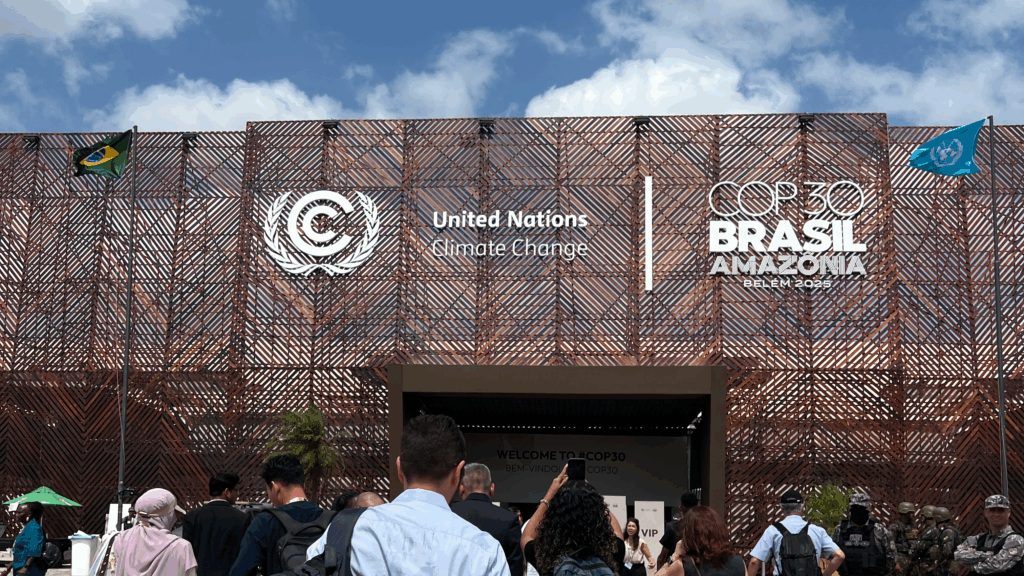
Anglophone African women’s voices are heard by the Green Climate Fund
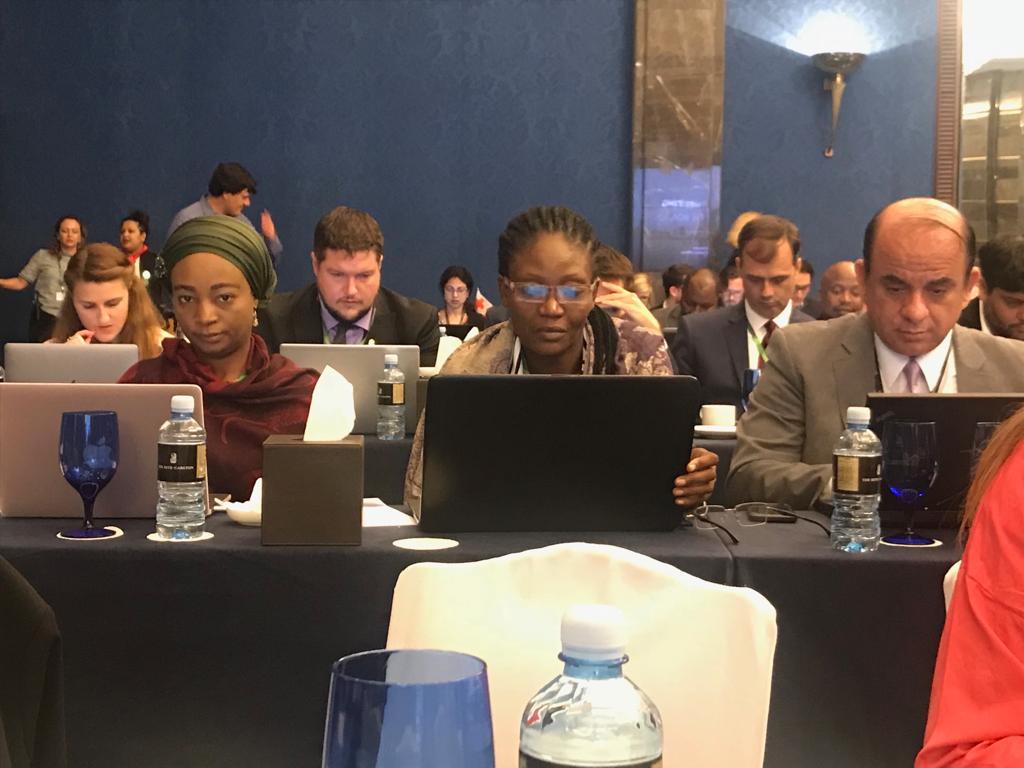
Description of the project:
The effort mobilizes the active participation of grassroots women for gender-responsive climate finance and access to the Green Climate Fund (GCF) through a country driven approach. The African GCF gender monitors participate in the GCF board meetings and ensure local women’s voices and concerns are reflected in GCF policy issues as well as funding proposals. The regional Anglophone Africa monitor also mobilizes local women’s voices through country gender monitors who facilitate engagement and access to GCF. Coordinated by Center for 21st Century Issues and supported by WEDO and Both ENDS, as a member of the Global Alliance for Green and Gender Action (GAGGA), this regional project emerged from the collaborative work on “Participation is Power: Women Demand Gender Just Climate Finance.”
Climate impact:
The GCF is a designated multilateral financing channel under the UNFCCC to implement the Paris Agreement and the Nationally Determined Contributions of developing countries. With an initial resource mobilization of $10.3 billion and another $9.7 billion already pledged for 2020-2023, the GCF has an undeniable ability to shape climate action and climate resilient development. The fund’s simplified approval process and Enhanced Direct Access approach strategically position it as a vehicle for transformative projects on climate change that engage women’s groups and local actors.
Gender impact:
The Anglophone African GCF Gender Monitor participates in GCF board meetings to represent African voices, reviewing projects and seeking feedback from the African network, which currently has 95 members. Country monitors in 6 Anglophone African countries engage in the GCF at local levels. Webinars attract attendees across Africa as well as later viewings. This project was recognized as one of the best practices in empowering local women to drive climate finance during the workshop ‘Access to Climate Finance and Good Practices’ of the Climate Chance African Summit in October 2019.
Scalability:
This effort can scale-up by recruiting more country monitors, working for better support for country level engagement, and building the capacity of local women’s groups. With Africa having the largest share of proposals in the pipeline, readiness projects, and approved projects, there are many opportunities for local women’s groups to effectively monitor existing or upcoming projects. Organizing more African wide webinars to share climate finance information and feedback from GCF board meetings will increase awareness about engagement in gender-responsive climate finance.
read the latest from our network
We work across regions and movements in deep solidarity. Together, we’re building collective advocacy to global problems.


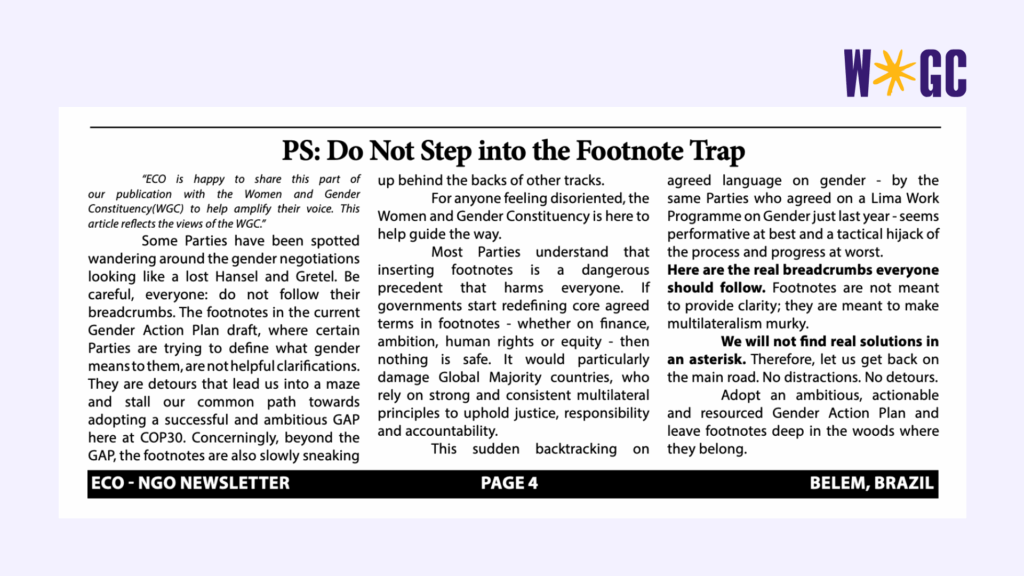
PS: Do Not Step into the Footnote Trap
19/11/2025
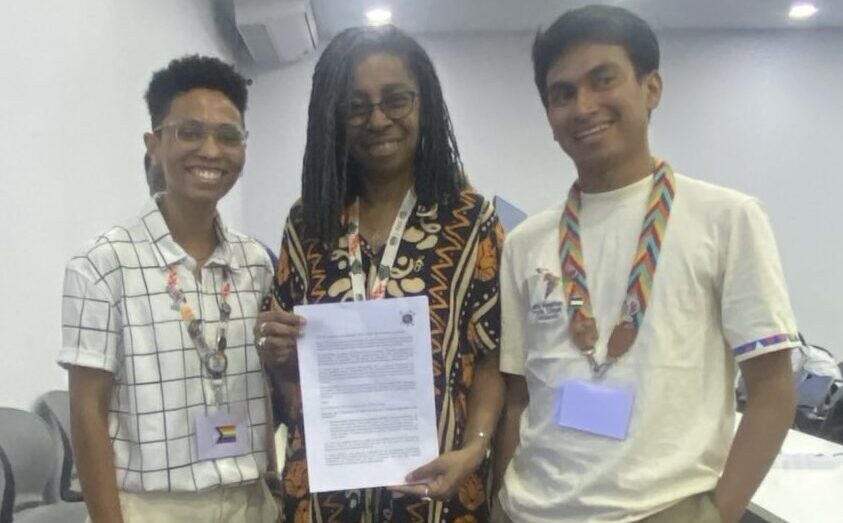
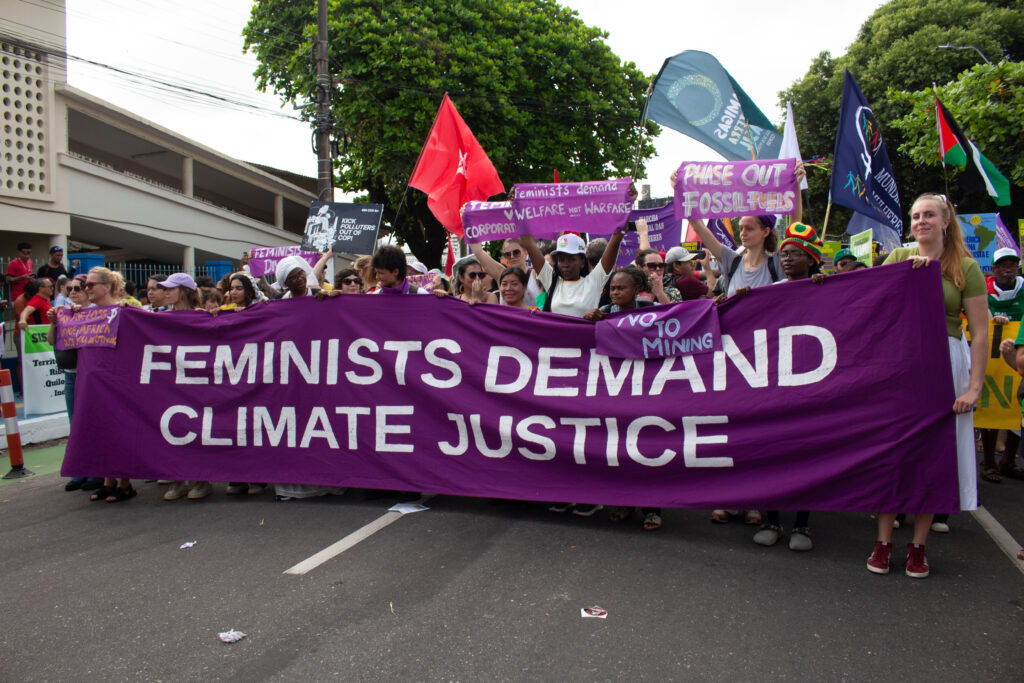
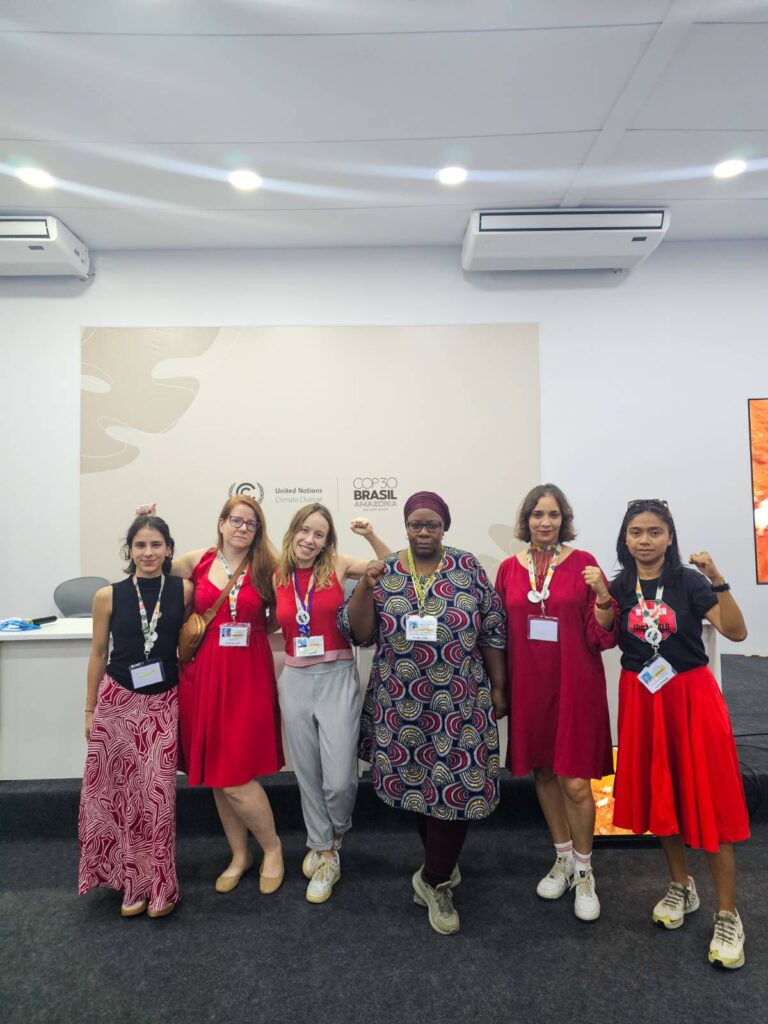
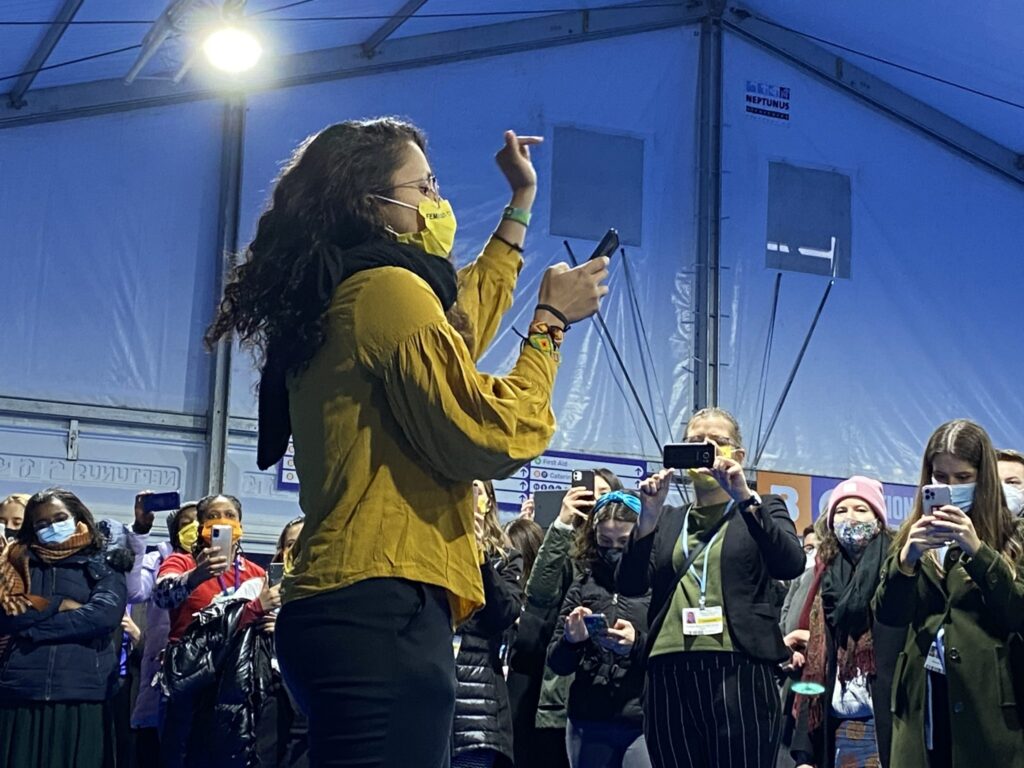
Gender Just Climate Action requires truth
12/11/2025

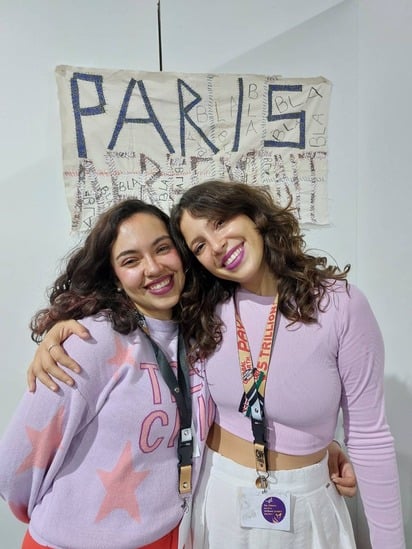
Nov 11 Action Alert: Gender Justice Day
10/11/2025

